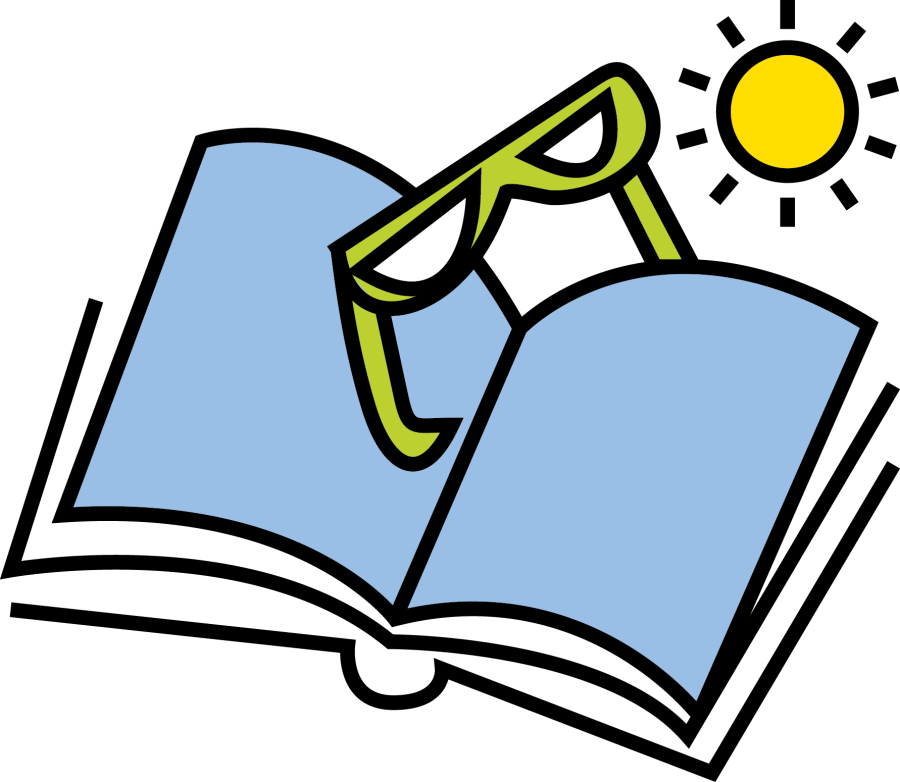Free education in public domain
April 29, 2015
What does it mean for a book to be in the public domain? And what are you doing this summer?
According to the fifth edition of Webster’s New World College Dictionary, public domain means “the condition of being free from copyright or patent and, hence, open to use by anyone.” Books in the public domain are free and downloadable.
As for the latter question, the answer should be: “Reading them.”
One-hundred and twenty-one days occupy the space between the end of spring semester and the beginning of fall semester. That’s 2,904 hours.
Granted, many students have internships, jobs or school in the summer. But even with a full-time job, eight hours of sleep a night, and a liberal four hours of routine tasks every day—that’s 484 hours to spare.
That could be 484 hours of self-improvement—484 hours of acquiring valuable knowledge.
And with so many books in the public domain, that knowledge is free.
Take, for example, the 51-volume set called the “Harvard Classics.”
Compiled in the early 1900s by Charles Eliot, then-president of Harvard University, this set of books aims to give an introductory liberal education to anyone who will devote 15 minutes a day to reading them.
Included in the set are history’s most celebrated works by history’s most distinguished authors—works from such fields as geometry, philosophy, religion, literature, rhetoric, astronomy, art, history, global cultures, anthropology and more.
Eliot was even kind enough to provide a one-year guide to the books, including what should be read each day, how much of it should be read, and why it should be read. This guide, and the set, is free; they are in the public domain.
Following Eliot’s guide for this summer will keep the mind in motion, making it easier to return to school in the fall, to flourish in school henceforth, and attain a wealth of knowledge while doing so.
That the humanities are important to the cultivation of any individual is an understatement; that anyone today has such easy access to them is unprecedented in history. It is up to us whether we take advantage of that access.
With at least 484 hours to spare, the internet, a guide, and a little desire, we can.












